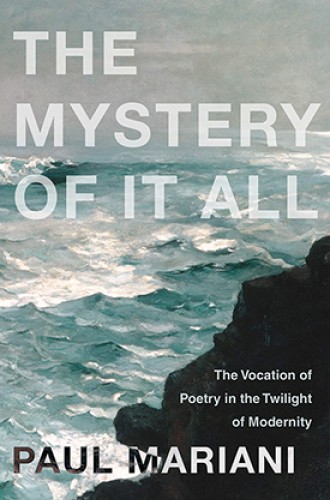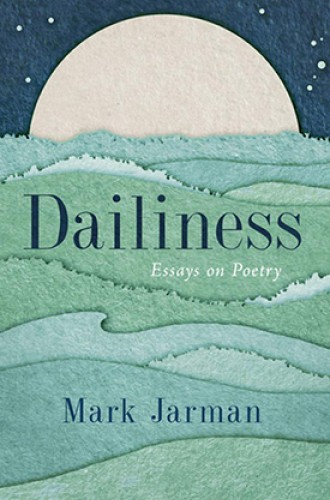Why do we write and read poetry?
For both Paul Mariani and Mark Jarman, the mystery is theological.
In 1952, W. H. Auden wrote, “What fascinates and terrifies us about the Roman Empire is not that it finally went smash,” but that “it managed to last for four centuries without creativity, warmth, or hope.” Both Paul Mariani and Mark Jarman frame creativity in commentary, radiate warmth in community, and gesture to hope in faith as they combine academic perspectives on the study of poetry with personal reflections on the experience of writing poems. The qualities that Auden could not locate in the culture of ancient Rome appear throughout their essay collections, making them welcome texts in our seething and steely era.
Religious influences from the writers’ childhoods inform their scholarly analyses and contribute to the shape of their creative writing. Before surveying selected moments in European and American poetry, Mariani, a professor at Boston College, tells about the faith that shapes his personal belief and informs his point of view as a biographer. “Early on, I felt touched by Christ’s presence, touched so deeply that I cannot think of life now without him, nor do I want to.” He then confesses the passion that turns his academic interests into vocations of scholarship and biography: “I love poems. All kinds of poems. And when I read something that touches me, I want to go deeper, probe further, go beyond the text to the human being who wrote those lines, and even try to discover why . . . a poet wrote the way he or she did.”
Mariani has written biographies of Robert Lowell, John Berryman, Hart Crane, Wallace Stevens, and William Carlos Williams. His guiding star is Gerard Manley Hopkins, the 19th-century English Jesuit poet. In Hopkins, Mariani found a “kindred soul” and a “first-rate poet of faith.” He writes about him with reverence: Hopkins “has served as a model for me, both as a poet and as a man who served God as he could. Not a day goes by that I do not think of him, so much so that I feel his presence about me.”






